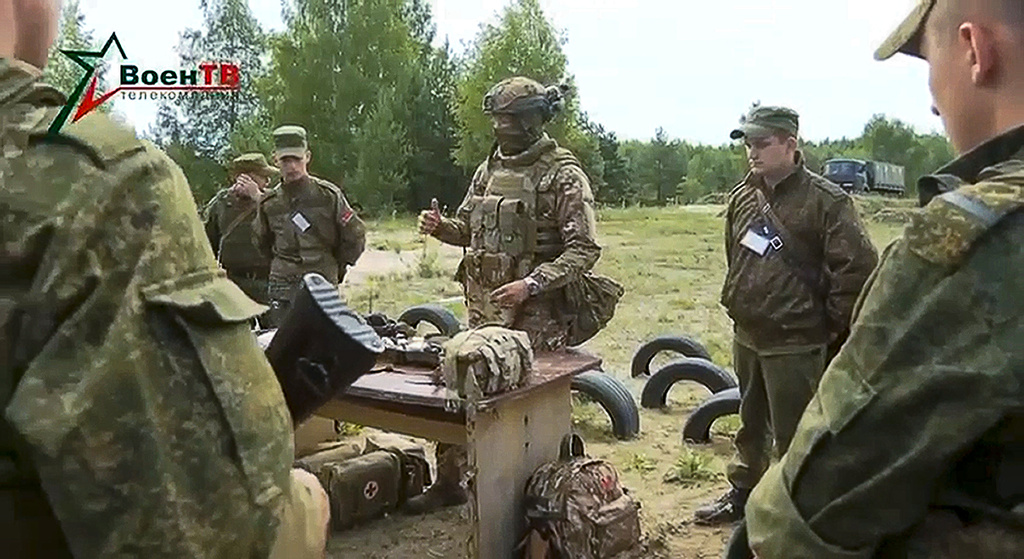After the death of Wagner Group leader Yevgeny Prigozhin, two Russian intelligence services are competing to take over the mercenary group’s main turf, which is its very lucrative African operations.
By far the most important operations for Russia under Wagner were in African countries such as Libya and the Central African Republic, where mercenaries gained trust and got rich supporting military leaders and autocrats. Their efforts helped Moscow spread its influence in Africa while weakening Western powers like France and the U.S.
Two Russian spy agencies — the SVR, the foreign intelligence service, and the GRU, the army intelligence service — are reportedly fighting to take over important parts of Prigozhin’s operations. Two officials from different governments said the SVR would most likely absorb the online propaganda and disinformation channels used in foreign countries, while the Defense Ministry and GRU could take over Wagner’s mercenary operations.
Videos released by Burkina Faso and Mali of the Russian delegation’s visit show General Andrei V. Averianov, one of Russia’s top spies, known as the head of an elite unit specializing in foreign subversion, sabotage and assassination missions, sitting next to Yunus-Bek Yevkurov, the deputy defense minister. Western officials see General Averianov as the leading candidate to take over at least part of the former Wagner operations that will be included in a changing system involving several private military companies.
According to a Western official, the placement of thousands of Wagner mercenaries in Belarus was done only to give the Kremlin enough time to understand which officers had been plotting with Prigozhin during the rebellion and to improve defensive measures against a future attack.
In the spring, Prigozhin tried to tip the balance in Sudan’s civil war in favor of a notorious paramilitary group by selling surface-to-air missiles, and in February, U.S. officials warned Chad’s president that Prigozhin was planning to assassinate him.
After taking control in Rostov, Prigozhin humiliated the deputy defense minister, Gen. Col. Yunus-Bek Yevkurov, by holding him hostage and scolding him. Now, the Russian minister has had a chance to get his revenge, with the minister traveling to Syria and several African countries to try to bring the Wagner troops under Moscow’s control.





